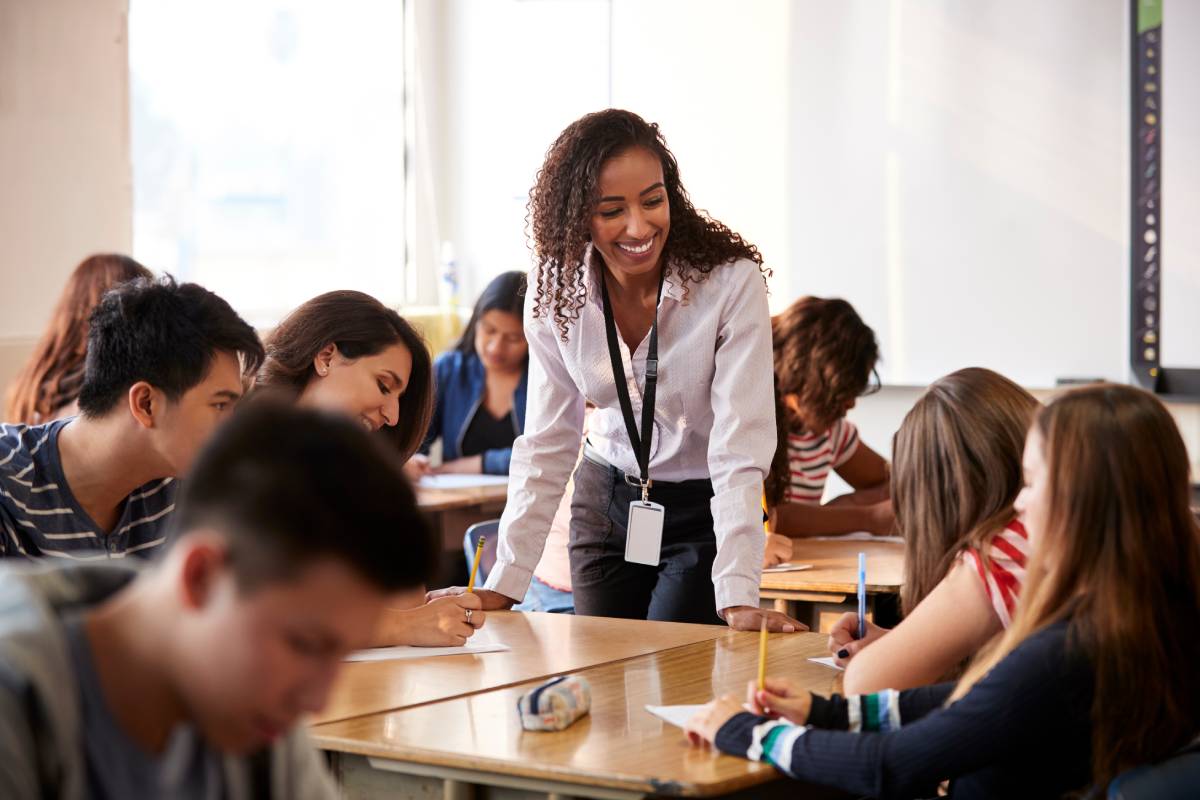Education should always include time to improve pupil communication as it is a vital life skill. Academic achievements alone are not enough for future success.
Teachers already understand that effective communication is essential and are well-positioned to help develop these skills in pupils. In this guide, we will share some ideas that can help improve pupil communication in your school.
Why are communication skills necessary for pupils?
First impressions count. A lack of communication skills can be detrimental when seeking employment, no matter your field.
All pupils will benefit from developing their communication skills to succeed in their chosen path.
As well as impressing in an interview and securing a job, well-developed communication skills allow people to make a good impression and further their career opportunities within an organisation.
Ideas for Supporting Pupil Communication Skills
Here are some straightforward strategies for improving pupil communication skills in the classroom.
Modelling – Teachers are the ideal role models here. By engaging pupils with clear communication and using age-appropriate language, pupils can be encouraged to develop their vocabulary and learn to express themselves more effectively.
Opportunities – By providing activities that encourage different aspects of communication, teachers can provide a safe space for pupils to develop and practise their skills. Examples are debates, presentations, discussions and role play.
Constructive Feedback – Teachers should not be afraid to offer positive feedback and provide ideas for improvement to allow pupils to grow in confidence in all aspects of communication.
Self-Reflection – By encouraging pupils to consider their strengths and weaknesses, they can be helped to focus on making achievable improvements.
Teacher Communication Development
If we want teachers to be role models for pupils, they must use good communication skills too.
Communication is not just about speaking clearly and being articulate. It also involves being a good listener and responding appropriately and sympathetically to others.
Ideally, teachers will consistently model good speech, non-verbal cues and listening skills. Excellent communication creates a better classroom atmosphere and helps improve relationships with colleagues and pupils.
Look for Inspiration!
In today’s digital world, it is easy to find inspirational communicators that will appeal to the younger generation. Focusing on their interests is more likely to create better engagement.
Look out for Ted talks on subjects that will appeal. Encourage pupils to discuss what makes the speaker inspirational.
Highlight interviews with actors and celebrities where the interviewer uses exceptional skills to relax the interviewee and create a more in-depth conversation.
Many streaming networks have released sporting reality shows with behind-the-scenes footage of sporting coaches encouraging their teams. Football and Formula One idols may be the ideal inspiration for the young people in your class.
Encourage pupils to critique footage and consider what aspects of communication are helpful and what might have a negative impact. Include non-verbal cues and body language.
Creating a space for open dialogue will positively impact the communication outcomes for all. Communication skills should be a priority rather than an afterthought through every school stage.



